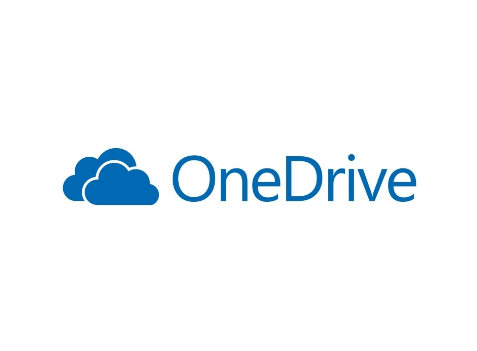Changes to Microsoft 365 could mean less OneDrive cloud storage and could lead to Outlook being disrupted.

Change
In February, Microsoft announced that cloud storage used across Microsoft 365 apps and services would include Outlook.com attachments data and OneDrive data. Microsoft has warned that this change could reduce how much cloud storage users have available to use with their OneDrive and, if the cloud storage quota is reached, the ability of users to send and receive emails in Outlook.com will be disrupted.
What’s Included In Microsoft cloud storage?
A user’s Microsoft storage quota applies to a personal Microsoft account and includes OneDrive files and photos, e.g. personal files uploaded and synchronised from a computer or mobile device, such as Office documents, photos and other files saved to OneDrive, and items in the recycle bin. It also includes Outlook.com attachments and email in-line images, Microsoft Teams message attachments and recordings.
What Does This Mean?
Whereas users used to be allowed to have a maximum of 15GB of storage in their cloud-hosted email which included text and attachments, and 5GB in their OneDrive storage, attachments now count as part of the 5GB OneDrive allowance. This is not just a significant reduction of storage space available as part of the account but also means the threat of disruption to services if/when the smaller storage quota is reached. Also, the change means that unless users keep deleting emails with attachments (which few people are likely to do) that could push them over the new limit.
Not Aware
Another problem may be that many users may simply not be aware of the recent policy change and could face disruption without knowing why.
There have also been reports of users who were unaware that the attachments shifting over to OneDrive were the cause of their email problems and deleted a lot of emails in response, only to discover that this didn’t change the “storage used” amount.
Gradual Rollout
The fact that Microsoft says that the new storage change is to have a gradual rollout also puts the responsibility onto users to keep checking their Windows settings, and Microsoft account to see if they are likely to experience some storage problems.
Subscription
Some commentators have suggested that the policy change could lead some users to think that it’s a move by Microsoft to make users buy a subscription by the back door.
What Does This Mean For Your Business?
For users who’ve had a Microsoft account for some time, this change may not only take them by surprise and potentially cause some confusion and disruption but may also leave them feeling annoyed that they’re being pushed towards either buying a subscription to get 50GB of email storage or facing the extra work of having to keep deleting emails with attachments. If users are already invested with their Microsoft account, the barrier to switching may seem high, however some online commentators have pointed out that Google’s Gmail accounts come with a 15GB limit which may have seemed an attractive alternative.
By Mike Knight
